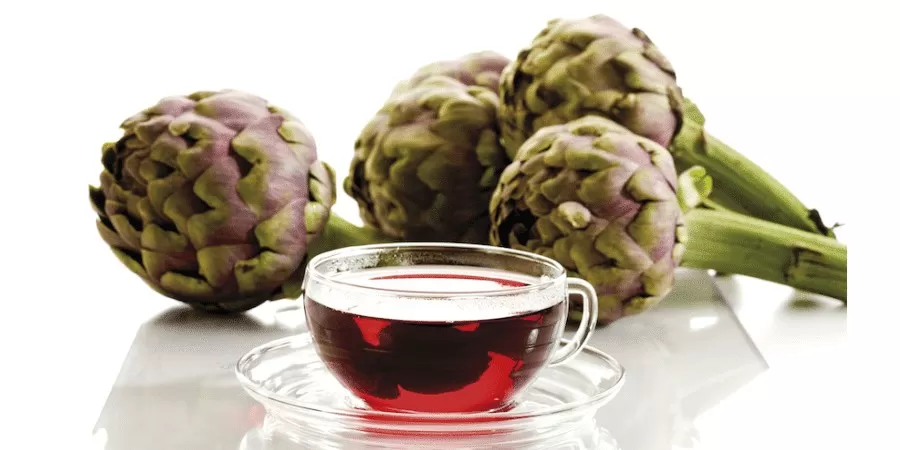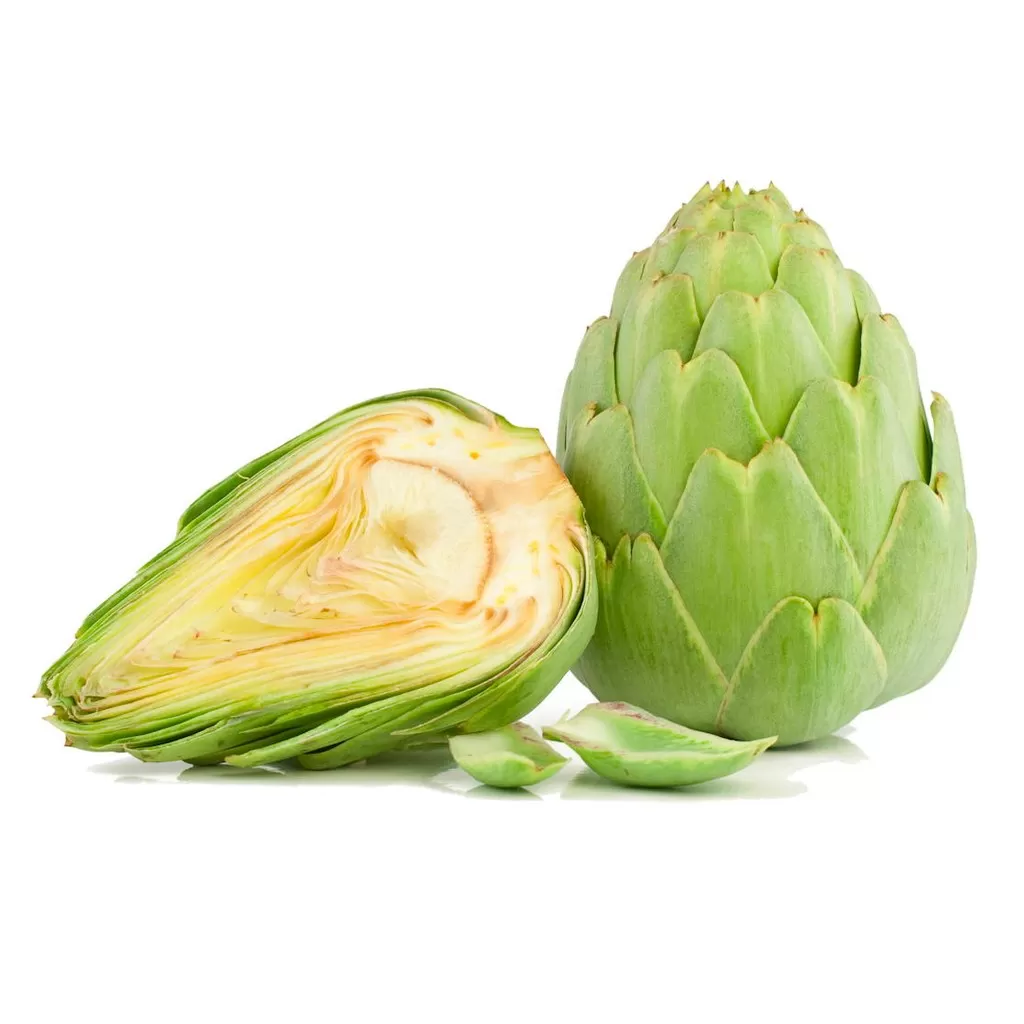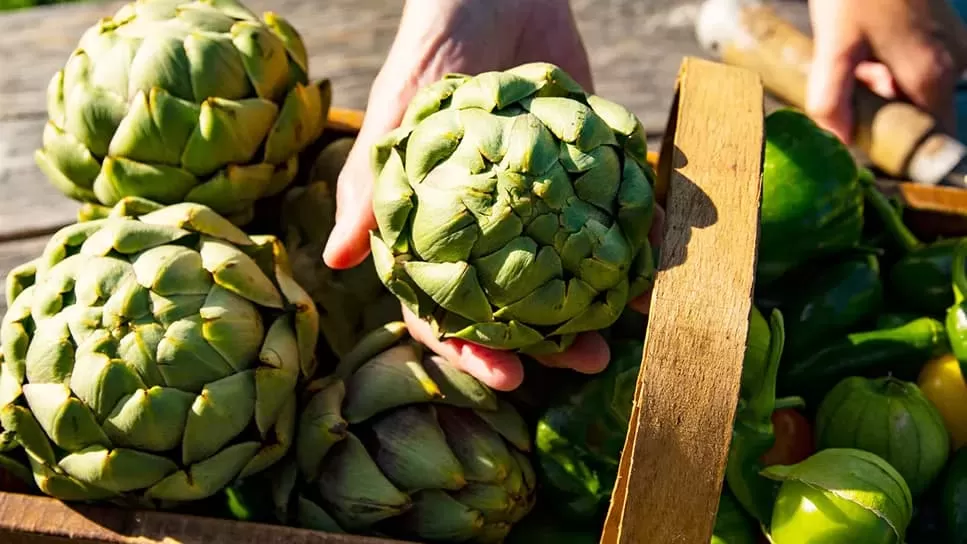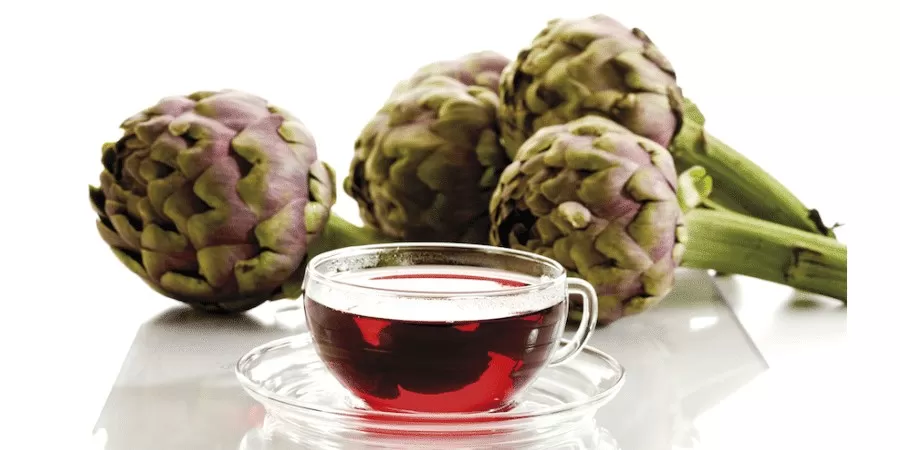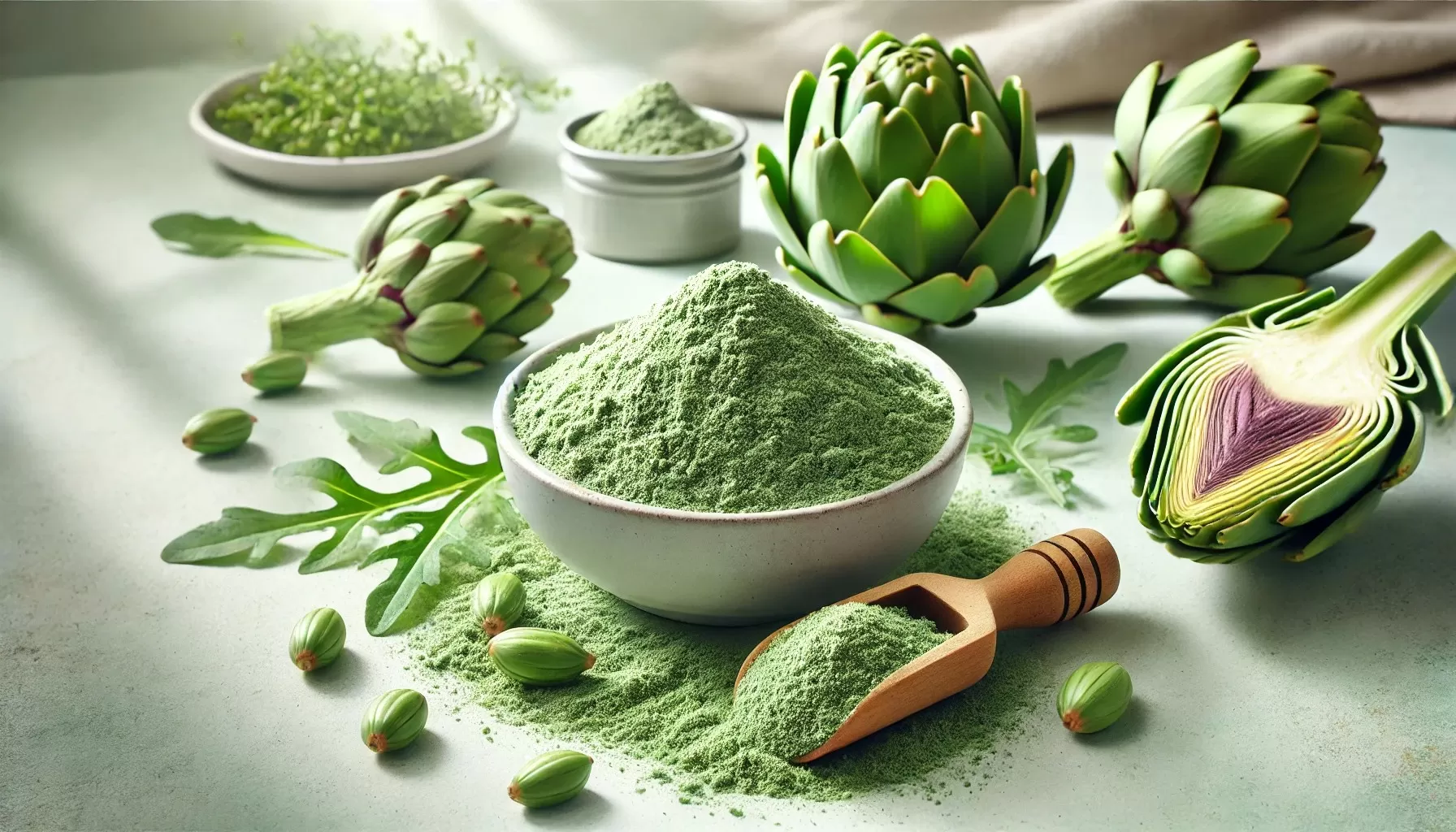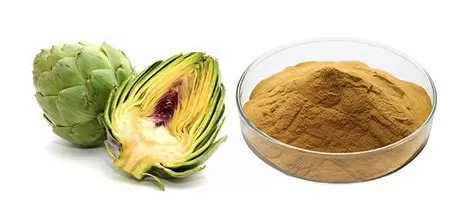- 0086-571-85302990
- sales@greenskybio.com
Milk Thistle vs. Artichoke: Which Is Better for Liver Health?
2025-04-02
The liver is one of the most vital organs in the human body, responsible for detoxification, metabolism, and overall maintenance of health homeostasis. With increasing awareness of lifestyle-related health issues, maintaining liver health has become a significant focus for many individuals. Among the myriad of supplements and natural remedies touted for supporting liver function, milk thistle and artichoke have emerged as two prominent contenders. This article explores the unique benefits and potential drawbacks of each, ultimately examining which might be more advantageous for liver health.
Understanding Milk Thistle
Milk thistle, scientifically known as Silybum marianum, is a plant native to the Mediterranean region. It has been used for centuries as a natural remedy for liver and gallbladder disorders. The active component in milk thistle is silymarin, a group of flavonoids that includes silybin, silydianin, and silychristin. Silymarin is widely recognized for its antioxidant, anti-inflammatory, and hepatoprotective properties.
Hepatoprotective Properties
Milk thistle is touted for its potential to protect liver cells from toxins, including the damaging effects of alcohol, acetaminophen, and other drugs. Studies have suggested that silymarin stabilizes the cell membrane and promotes protein synthesis, thereby aiding in the regeneration of liver tissue. This makes milk thistle particularly popular among those seeking to support liver recovery after damage or disease.
Antioxidant Action
Silymarin's antioxidant properties play a crucial role in reducing oxidative stress in the liver. This stress, if unchecked, can lead to inflammation and damage, contributing to conditions such as fatty liver disease and cirrhosis. By scavenging harmful free radicals, silymarin helps maintain liver cell integrity and function.
Clinical Applications
Research on milk thistle has shown promise in managing chronic liver diseases like hepatitis and cirrhosis. While results vary, some studies indicate improvements in liver enzyme levels and overall liver function following milk thistle supplementation. However, more extensive clinical trials are needed to confirm these findings.
Understanding Artichoke
Artichoke (Cynara scolymus) is another plant long associated with liver health, valued for both its culinary and medicinal properties. Artichokes contain compounds such as cynarin and chlorogenic acid, which are thought to offer liver-supportive benefits.
Metabolism and Detoxification
Artichoke has been found to enhance bile production, which is essential for the digestion and absorption of fats and the elimination of toxins and waste products from the liver. This bile-stimulating action supports detoxification processes and aids in maintaining liver health.
Antioxidant and Protective Effects
Similar to milk thistle, artichoke possesses antioxidant properties that can help shield liver cells from damage. The phenolic compounds in artichokes, including cynarin and luteolin, have been shown to reduce oxidative stress and inflammation, which are critical factors in liver health.
Clinical Applications
Emerging studies have explored Artichoke Leaf Extract's potential in treating liver conditions such as non-alcoholic fatty liver disease (NAFLD). Some research suggests improvements in liver enzyme levels and liver function tests, although more rigorous research is needed to establish its efficacy.
Comparing Milk Thistle and Artichoke
When evaluating which is better for liver health, milk thistle or artichoke, it is essential to consider the specific liver condition in question, individual health goals, and scientific evidence.
Efficacy in Liver Protection
Both milk thistle and artichoke show promise in protecting liver cells from injury and supporting detoxification processes. Milk thistle is often championed for its direct hepatoprotective effects and extensive history of use in treating liver diseases. Artichoke's benefits are more closely tied to its role in enhancing bile production and overall digestive health.
Antioxidant Capacity
Both plants offer antioxidant benefits, although milk thistle's silymarin has been more extensively researched for its potent free radical scavenging abilities. Artichoke’s antioxidant properties, though effective, are generally considered secondary to its bile-promoting effects.
Clinical Evidence and Usage
Milk thistle has a more substantial body of clinical evidence supporting its use in liver conditions, including hepatitis and cirrhosis. Artichoke research is still emerging, with encouraging findings that warrant further investigation.
Synergistic Use
In some cases, combining milk thistle and artichoke supplements might provide synergistic benefits. The complementary effects of milk thistle's liver protection and artichoke's enhancement of bile production could offer comprehensive liver support. However, consulting a healthcare provider before combining supplements is advisable to ensure safety and efficacy.
Conclusion
Both milk thistle and artichoke offer valuable benefits for maintaining and promoting liver health. Milk thistle’s robust reputation stems from its hepatoprotective and antioxidant properties, backed by a wealth of historical and scientific support. Artichoke presents a compelling alternative, particularly for those seeking to enhance digestive and detoxification processes due to its bile-stimulating effects.
Ultimately, the choice between milk thistle and artichoke may depend on individual health needs, specific liver conditions, and personal preferences. As with any supplement, it is important to consult with a healthcare professional before beginning use, particularly for individuals with existing health conditions or those undergoing medical treatment. By making informed choices, individuals can effectively harness the benefits of these natural remedies for optimal liver health.
-
Is artichoke extract good for your kidneys?
2025-04-02
-
What Is Artichoke Extract Good For?
2025-04-02
-
Does artichoke extract reduce belly fat?
2025-04-02
-
What organs are artichokes good for?
2025-04-02
-
Can Artichokes Detox Your Liver?
2025-04-02





